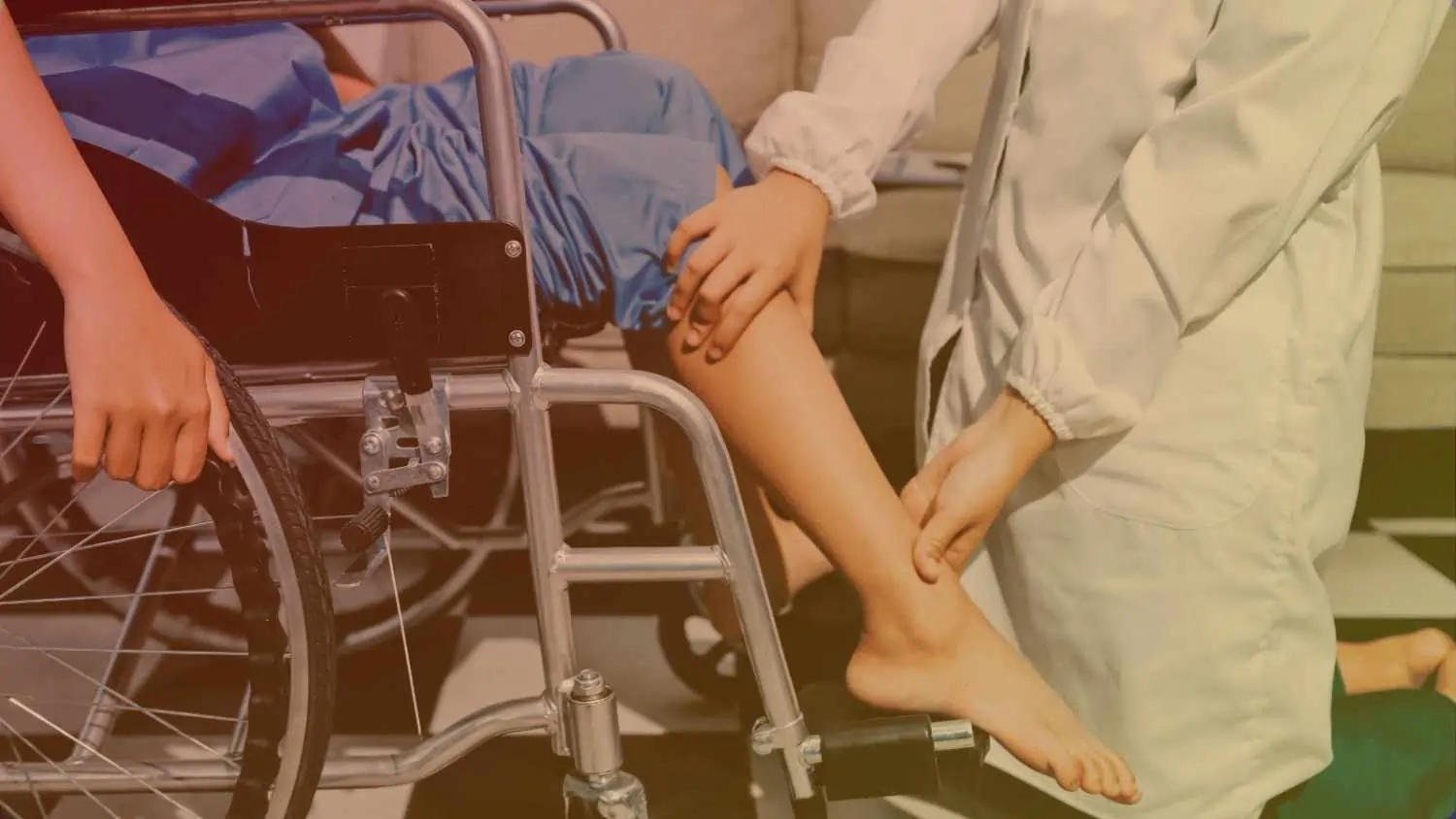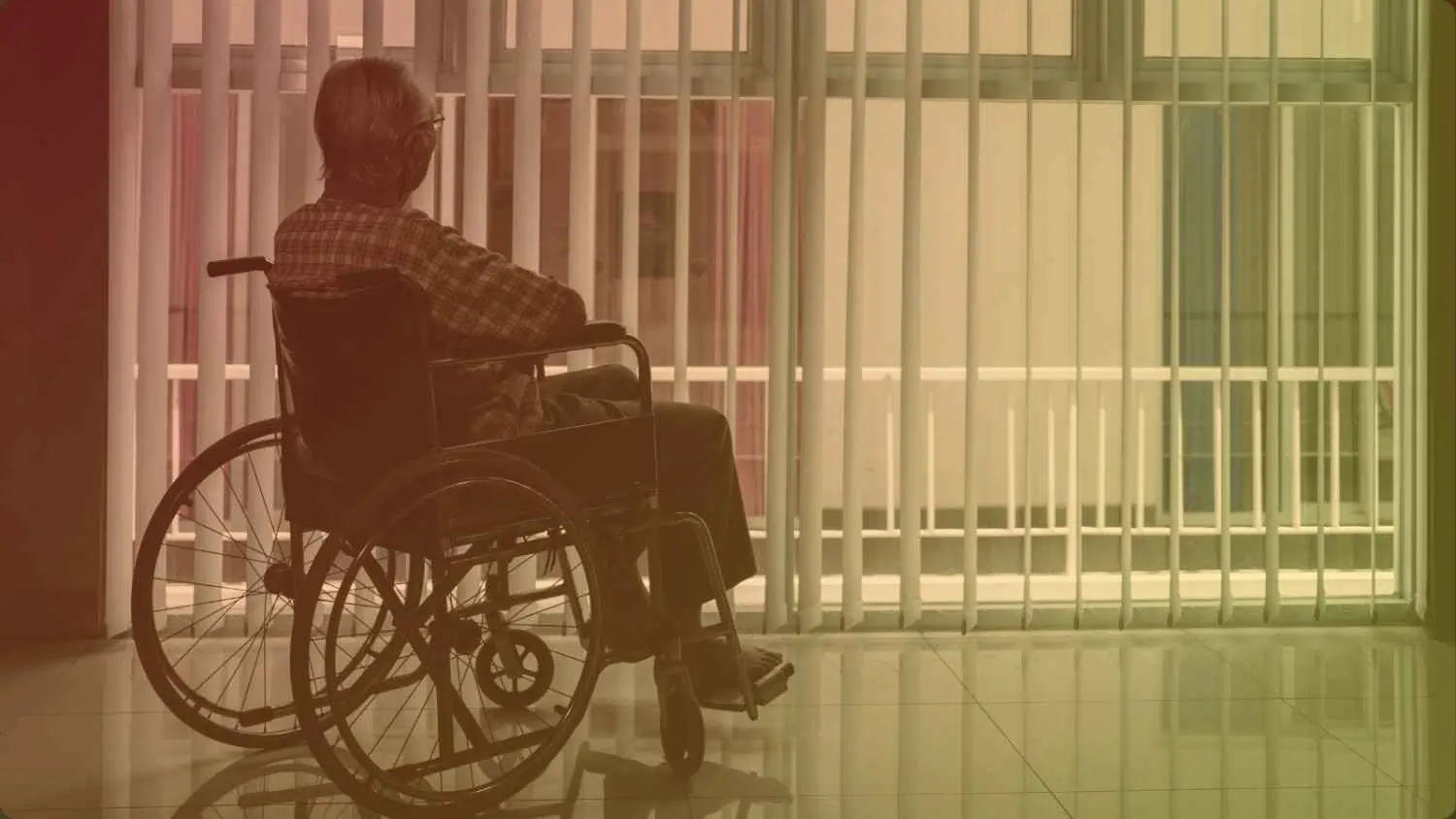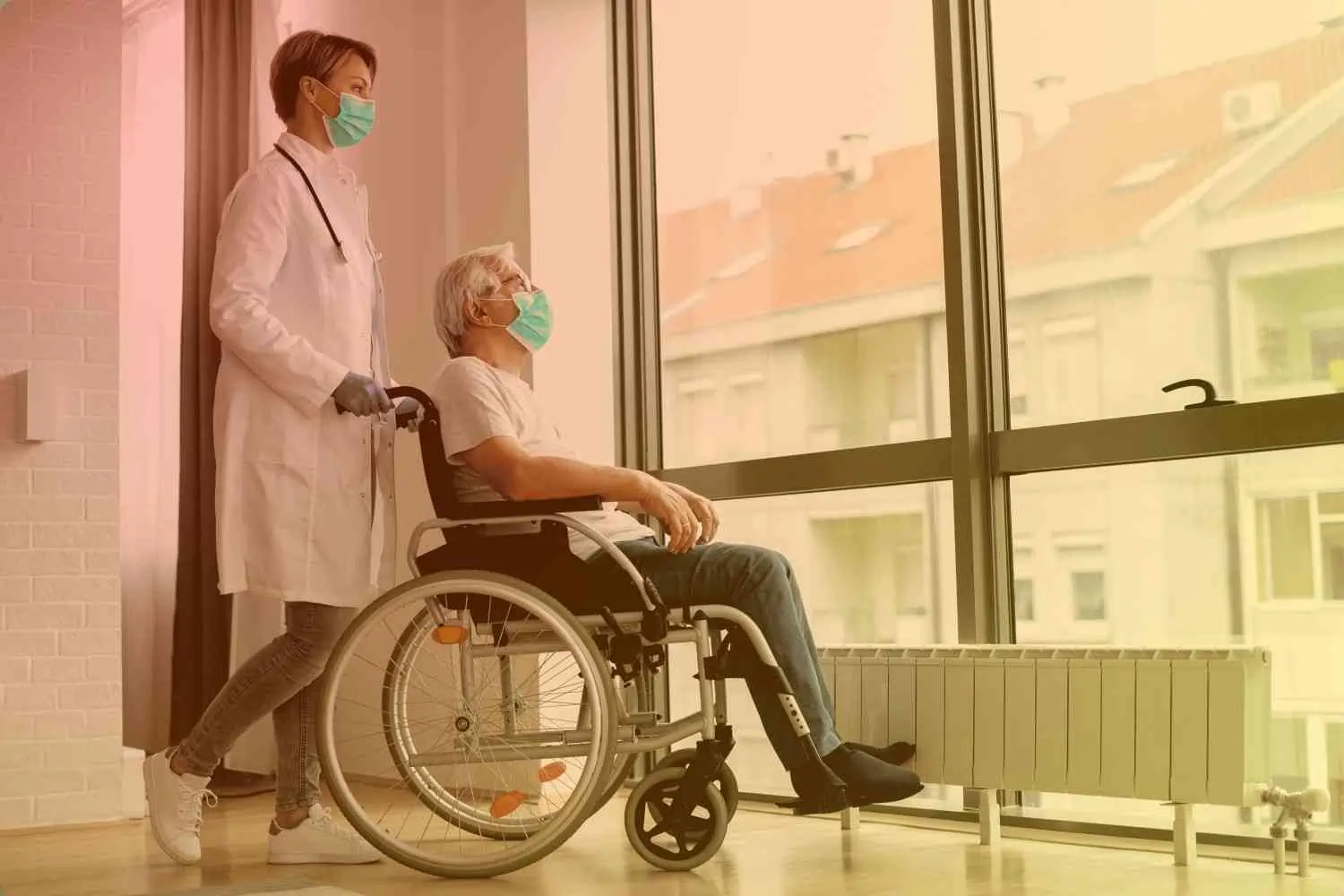Paralysis
Paralysis is a loss of strength in and control over a muscle or group of muscles in a part of the body. Most of the time, this is not due to a problem with the muscles themselves. It is more likely due to a problem somewhere along the chain of nerve cells that runs from the body part to your brain and back again. These nerve cells deliver the signals for your muscles to move.
Types and Degrees of Paralysis
There are many types and degrees of paralysis. The condition can be:
- Partial: When you still have some control of your muscles (sometimes called paresis).
- Complete: When you can’t move your muscles at all.
- Permanant: When muscle control never comes back.
- Temporary: When some or all muscle control returns.
- Flaccid: When the muscles get flabby and shrink.
- Spastic: When the muscles are tight and hard and jerk around oddly (spasm).
Paralysis can occur in any part of the body and is either localized, when it affects only one part of the body, or generalized, when it affects a wider area of the body. Localized paralysis often affects areas such as the face, hands, feet, or vocal cords. Generalized paralysis is broken down based on how much of the body is paralyzed:
- Monoplegia: Affects one limb only, such as one arm or one leg.
- Hemiplegia: Affects one side of the body, like the leg and arm of the same side.
- Diplegia: Affects the same area on both sides of the body, such as both arms or both sides of the face.
- Paraplegia: Affects both legs and sometimes parts of the trunk.
- Quadriplegia: Affects both arms and both legs and sometimes the entire area from the neck down. The function of the heart, lungs, and other organs might also be affected.
Causes
A person can be born with paralysis due to a birth defect such as spina bifida, which occurs when the brain, spinal cord, and/or the covering that protects them do not form the right way. In most cases, people get paralysis as the result of an accident or a medical condition that affects the way muscles and nerves function. The most common causes of paralysis include:
- Stroke
- Spinal cord injury
- Head injury
- Multiple sclerosis
Some other causes include:
- Cerebral palsy
- Guillain-Barré syndrome
- Peripheral neuropathy
- Toxins/poisons
Symptoms
Symptoms of paralysis may vary based on the cause, but are often easy to spot. A person born paralyzed due to a birth defect, or paralyzed suddenly due to a stroke or spinal cord injury, will be partially or totally unable to move the affected body parts. At the same time, the person may experience muscle stiffness and decreased feeling in the affected body parts.
A person who becomes paralyzed due to a medical condition might lose muscle control and feeling slowly. The person might feel tingling or numbing sensations or muscle cramps before losing control of his or her muscles.
- Numbness or pain in the affected muscles
- Muscle weakness
- Visible signs of muscle loss (muscle atrophy)
- Stiffness
- Involuntary spasms or twitches
Homeopathy Invention
As per latest research, The biological conflict linked to the skeletal muscles is a moderate self-devaluation conflict.
The conflict related to the movement of the muscles is “not being able to move” or “feeling stuck”. The conflict can be associated with the entire body or with a single muscle or muscle group.
- Facial muscles: losing face (loss of a status, reputation, respect, honor, prestige, dignity; disgrace, humiliation, shame), being exposed, feeling ridicule.
- Neck muscles: not being able or allowed to move or turn the head
- Shoulder and back muscles: not being able to get out of the way or step aside
- Arm muscles: being forcefully held down, not being able to hold or embrace someone or hold someone back (flexor muscle), not being able to push someone away, fight somebody off, or defend oneself.
- Hand muscles: not being able to hold on to someone or hold someone back (a loved one who is leaving or dying)
- Leg muscles: not being able to escape, flee, or run away (literally or figuratively, e.g., from a workplace or a relationship), not being able to leap aside, not being able to follow.


Homeopathy Approach
Homoeopathic Medicines For Paralysis
The medicines can be administered to improve the state of paralysis, improve blood circulation, help control loss of power, improve power of muscles to come extent and improve overall health of the patient.
Agaricus muscarius
This medicine is for general paralysis. Stiffness all over. There is uncertain gait with trembling. Neuralgia in locomotor ataxia. Paralysis of lower limbs, with spasmodic condition of arms. Numbness of legs on crossing them
Alumina
Pain in back with paralytic weakness. Arms feel paralyzed. Legs feel asleep, especially when sitting with legs crossed. Staggers on walking. Heels feel numb. Soles tender. Pain in shoulder and upper arm. Inability to walk, except when eyes are open or in daytime. Spinal degenerations and paralysis of lower limbs.
Argentum niricum
The patient cannot walk with eyes closed. Trembling, with general debility. Paralysis, with mental and abdominal symptoms. Walks and stands unsteadily. Numbness of arms. Post-diphtheritic paralysis.
Causticum
It manifests its action mainly in paralytic affections, indicated by progressive loss of muscular strength, tendinous contractures. This weakness progresses until we have gradually appearing paralysis. Local paralysis of vocal cords, muscles of deglutition, of tongue, eyelids, face, bladder and extremities. Paralysis of right side of face. Paralysis of ocular muscles after exposure to cold. Paralysis of tongue, with indistinct speech. Partial paralysis of rectum. Paralysis of single parts. plz dont change the content



